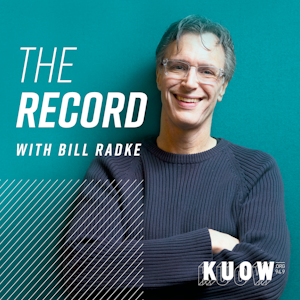Alec Cowan
Producer, Soundside
About
Alec Cowan is a producer for Soundside. His interests have brought many eclectic stories to the program, and his segments gravitate toward history, technology, arts and culture, and the environment. After reporting a handful of stories aboard Puget Sound, he's proud to be KUOW's unofficial "boat guy."
Prior to joining Soundside, Alec wore many hats at KUOW. He was a producer for The Record with Bill Radke, and was the producer of Primed season two and three. He also reported and produced an episode of SoundQs detailing how prohibition forever changed Seattle policing and assisted with reporting a breakthrough cold case solved with the use of genetic genealogy.
Before joining KUOW Alec worked in NPR's Story Lab, where he helped pilot the Louder Than A Riot podcast on hip-hop and mass incarceration and assisted in producing a story on volunteerism in Iraq for Rough Translation. Originally from Grand Junction, Colorado, his roots in the Northwest begin in Eugene, where he studied English and philosophy at the University of Oregon and worked as a news reporter for NPR member station KLCC. He is likely neglecting his saxophone, growing book collection, and expanding personal project list in favor of boosting his online Xbox ranking instead.
Location: Seattle
Languages Spoken: English
Pronouns: he/him/his
Podcasts
Stories
-

Do basic income programs cause people to work less? Let's ask Alaska
Since the early 1980s, Alaska has sent checks to residents every October, generally for around $1,000 or $2,000. In 2020, they were for more than $3,000. A typical household could get up to $10,000.
-
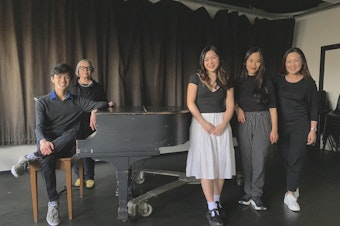
Seattle operetta follows Japanese American women trapped on both sides of WWII
The separation of Japanese American families during WWII is the focus of "Currents," a new operetta by local librettist AC Petersen and composer Jeremy Berdin.
-
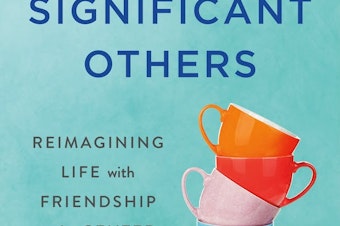
Companion? Significant other? How we can understand friends who are more than just the 'best'
For a lot of people, our life-long significant other is a friend. And in a society that obsessed with finding a romantic soul mate, these platonic relationships are left in a gray area. It was after forging a strong platonic friendship that author Rhaina Cohen realized we often lack the words to talk about the variety of life-long best-friendships we can have. Cohen is the author of "The Other Significant Others: Reimagining Life with Friendship at the Center"
-

Oregon just re-criminalized drug possession and use. Why didn't legalization work?
Three years after Oregon residents voted to decriminalize drugs, the state is walking back that policy.
-
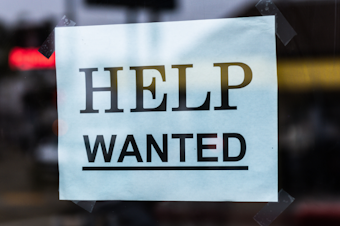
Yes take-backs. Workers asked to return pandemic cash in Washington state
Last month, joblessness our state reached its highest levels since the Covid-19 pandemic – higher than the national average. And the first thing many do when they’ve lost a job is file for unemployment benefits. But Washington’s unemployment system itself is still reeling from the one-two punch of Covid.
-

Facing a $230 million deficit, Seattle mulls options to close the gap
Five new members of Seattle’s City Council said during their campaigns that they would like to audit the city budget for waste and redundancies --before raising or adding new taxes. But now, as a $230 million city budget deficit looms, the realities of a time-consuming and expensive audit process are leading those new councilmembers to back off the idea. That means they likely have to take a hard look at something they did not want to do: add new revenue through taxes.
-
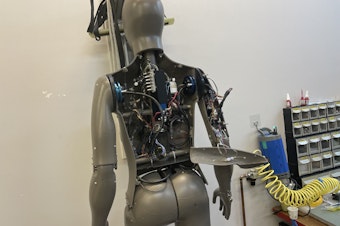
How sweating manikins can help us prepare for a warming world
Put simply, humans are complicated – and our feedback is subjective. Put a jacket on someone and ask them if it's warm, cold, breezy or stuffy, and you'll get a range of largely unscientific answers. To get quality data – the kind that is valuable for companies – you need a sophisticated tool. A tool that can sweat.
-

Should mental health treatment be forced if someone needs care, but refuses it?
A new podcast from KUOW and The Seattle Times sets out to explore why so many people with severe mental illnesses — who make up 7% of the state's population — go untreated in Washington. Episode 2 of Lost Patients focuses on "involuntary commitment," a legal mechanism that allows someone to be forced into medical treatment if they are deemed a danger to themselves, a danger to others, or are gravely disabled.
-
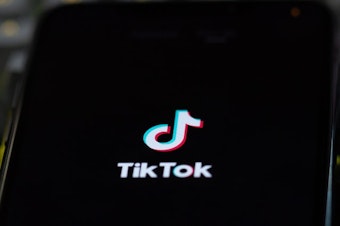
As Congress pushes potential TikTok ban forward, users wonder what happens next
Last week, the House of Representatives voted overwhelmingly to force TikTok’s Chinese parent company, ByteDance, to sell the video sharing platform within 180 days. If that doesn’t happen, TikTok could be banned from U.S. app stores and web hosting platforms. Now the legislation heads to the Senate, and its future is far from clear.
-
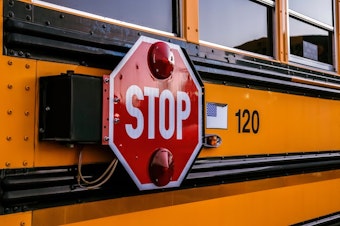
School budget shortfalls mean hard choices for Seattle area districts
Schools around the region are dealing with serious budget shortfalls. The Northshore School District says it’s $26 million in the red, and Seattle Public Schools is reporting a more than $100 million gap in funding. Making up that money is no easy task – and in many cases, the scarcity means cuts to programs students and parents hold dear, like AP and music classes.

